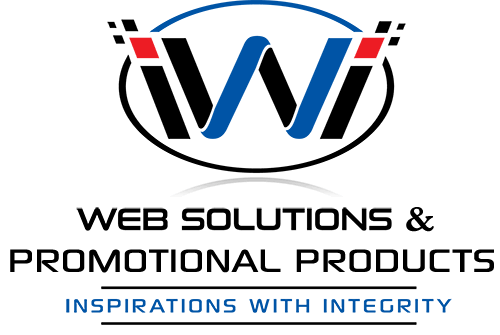You probably heard about this concept way back in elementary school, and your educators continued to drill it into your head through high school and perhaps even college. For professional writing specifically, planning what you are going to write about and how you are going to write and deliver that message should almost be second nature to you by now. But how many of you honestly take the precious time out that you are allotted to write documents to sit there and do nothing but plan? It might even sound like ineffective time management to you if you are confident in your ability to write up a flawless document on the first try. However, it cannot be overstated the number of mistakes that can be prevented if you devote a little bit of time toward planning (and proofreading). Preparation is not only recommended; it is vital for conveying a compelling message.
Contrary to the opinion some writers have of planning being a waste of time, the planning process conserves creative energy and saves time for both the writer and the reader. During the planning process, it is expected that the writer analyzes the situation, gathers information, selects the right medium, and organizes the information effectively. These steps of the planning process are crucial to delivering a message with meaning and direction.
Planning effectively means planning thoughtfully and carefully. Always take the time to understand your reader’s needs, gather up the information that you need to satisfy those needs, and deliver that information in the best way possible. That is, if your information is best assimilated or digested on a particular social network or by a specific medium, then choose the most effective way of communicating with your readers. Planning not only makes your writing go more quickly and smoothly, but it can undoubtedly spare yourself or your company from embarrassing mistakes.
Analyzing the situation can aid you in determining the general purpose of your message (i.e., inform, persuade, collaborate). Once the general goal is chosen, the specific intent must be identified. Furthermore, the purpose should be tested before going any further (i.e., will anything change after your message is composed, is the goal realistic, is the time right, and is it acceptable to the organization). If the answer to any of the questions is unfavorable, the planning process already saved time in scrapping a message that would otherwise have been futile. Developing an audience profile, which is to analyze the audience sufficiently enough to determine their needs and expectations, is also essential in communicating effectively.
Gathering information required to provide the reader with the information they need to be informed, persuaded, or called to collaborate is also done during planning. Collecting data helps to uncover audience needs, find your focus, and present factual supporting evidence for whatever argument may present itself. However, it is of utmost importance to ensure the information gathered is accurate, ethical, and pertinent.
The selection of the right medium is vital in appealing to specific audiences, and each choice has advantages and disadvantages to be considered. Media choices include oral media (i.e., face to face), written (i.e., memos, letters, reports), visual media (PowerPoint presentations, videos, etc.), and electronic media (emails, social networks, etc.).
Organizing wandering thoughts and scattered ideas into an understandable and moving message is also essential in the planning process. Organization of the content can mean the difference between your audience receiving your intended message, and it fails to reach them ultimately. Thus, it is imperative to take the time to organize effectively so that the reader can understand the message, accept the message, and save time. Planning ensures adequate time to develop ideas thoroughly and get your message across in a way that is clear, concise, polite, and meaningful in meeting the reader’s needs. Without planning, you are unable to analyze your audience sufficiently and determine the goals of your message or even to gather relevant information needed to answer your audience’s questions.
Since this is such a popular topic, we didn’t want to drone on futilely. However, we hope that we were able to highlight the importance of the planning process to you and provide you with sufficient reasoning to begin planning before you write (if you aren’t already an avid participant)!
What does your writing process look like?

